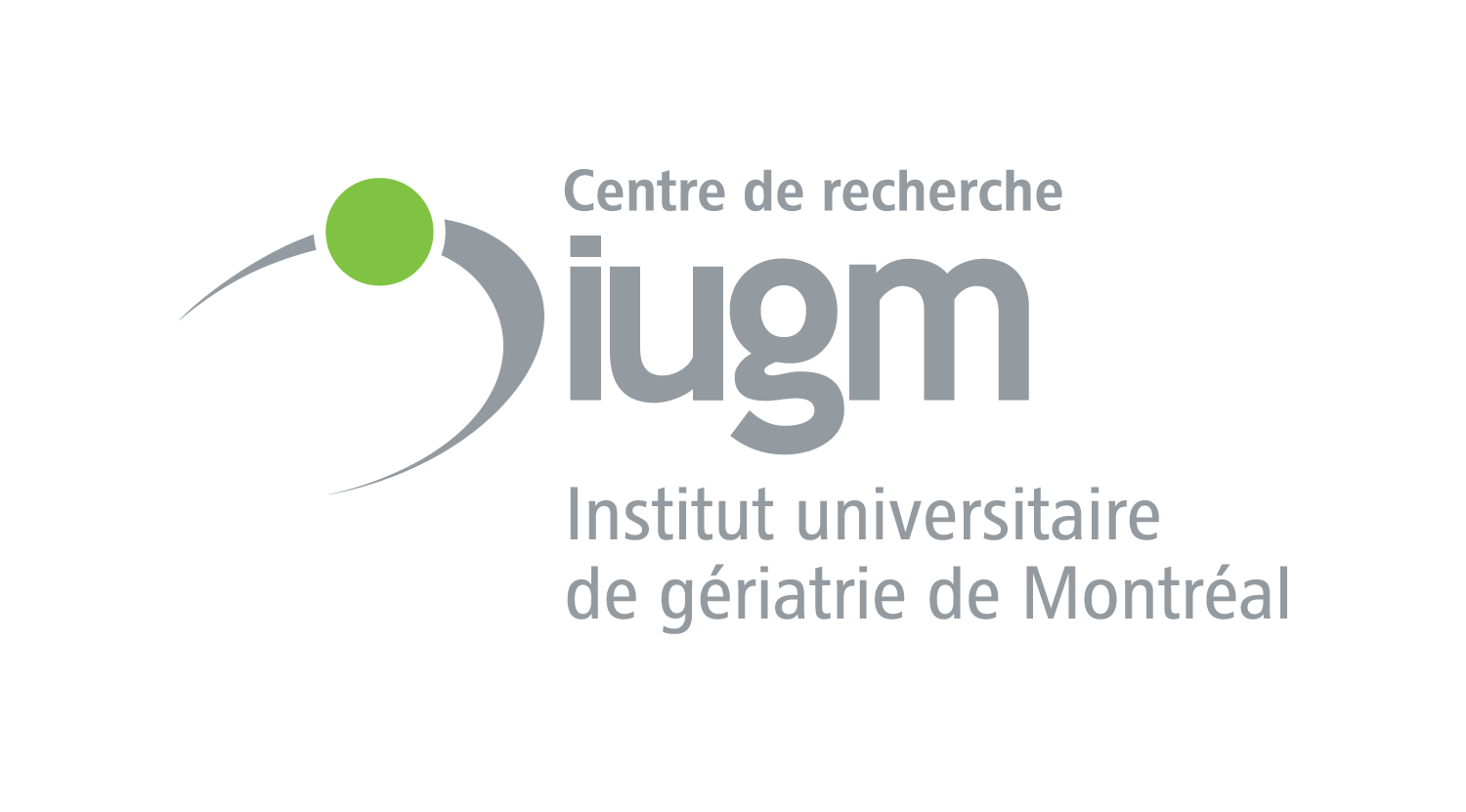The term Living lab describes a methodology where citizens, users, are considered as major actors, collaborators in the research and innovation process and not only as subjects of investigation. It is for these living laboratory projects that researchers from the Centre de Recherche de l’Institut Universitaire de Gériatrie Montréal (CRIUGM) of the CIUSSS du Centre Sud de l’île de Montréal (CCSMTL) have obtained grants from the Fonds de recherche du Québec-santé (FRQS). The projects aim to improve the quality of life of seniors and their caregivers and to better understand their daily needs.
Congratulations to the recipients:
Improving support for caregivers of seniors: the living laboratory approach
Olivier Beauchet, Dr. in medicine, regular researcher at the CRIUGM, professor at the Department of Medicine of the Faculty of Medicine of the Université de Montréal.
His Living Lab program seeks to develop new support practices for family caregivers of the elderly, especially during the current COVID-19 pandemic. The objective is to help caregivers in their role and in their support actions at home with the elderly. These new practices will be tested in a “real life” environment and will allow for a better understanding of the situations encountered and the needs associated with them. The active participation of the PPAs and the seniors will allow to judge and validate the relevance of the proposed solutions. For this project, Olivier Beauchet will have the support of various partners, including community organizations and their decision-makers as well as the Regroupement Naturel des Aidants du Québec (RANQ).
Smart environments in support of the frail and isolated senior ecosystem: The City of Côte Saint-Luc’s Living Lab
Principal Investigator: Mélanie Couture, institutional researcher at the Centre de recherche et d’expertise en gérontologie sociale (CREGES) of the CIUSSS du Centre-Ouest-del’Île-de-Montréal and professor affiliated with the Department of Psychology at the Université de Sherbrooke.
Co-principal investigators: Nathalie Bier, regular researcher at the CRIUGM, full professor at the Faculty of Medicine of the Université de Montréal and Sylvain Giroux, professor at the Faculty of Science of the Université de Sherbrooke.
The COVID-19 pandemic has highlighted the vulnerability of the health and social services system and the importance of exploring solutions related to community involvement and telehealth. The Living Lab project aims to co-develop with partners a digital support model for the city of Côte Saint-Luc and connected objects to prolong life at home for seniors. These smart environments will optimize the identification and use of available community resources by frail and isolated seniors. These resources include services from the city, the health and social services system, and community organizations, combined with support from families and community volunteers.
PROMOSANTÉ : Co-creation of a telehealth program focused on self-care and social participation for seniors at risk of deconditioning
Principal Investigator: Patrick Boissy, Professor at the Faculty of Medicine and Health Sciences (FMSS), Department of Surgery at the Université de Sherbrooke.
Co-investigators: Mylène Aubertin-Leheudre, regular researcher at the CRIUGM, professor at the Department of Physical Activity Sciences at the Université du Québec à Montréal (UQAM), and Mélanie Levasseur, full professor at the Faculty of Medicine and Health Sciences (FMSS) at the Université de Sherbrooke.
“Deconditioning consists of all the physical, mental and social consequences related to inactivity, a period of sedentariness or intellectual and social under-stimulation.” (Quebec.ca)
Since the prevalence of chronic diseases and disabilities increases with age, seniors have more restrictions in their lifestyle, health and social participation and are at greater risk of deconditioning. During deconditioning, aging in place and being active present significant challenges. In the era of digital health and aging in a digital world, information and communication technologies are part of the daily lives of a majority of seniors. In order to enable them to achieve their personal goals and ultimately improve their quality of life and promote active aging in the community, the goal of this project is to to enable them to achieve their personal goals and ultimately improve their quality of life and promote active aging in the community, the goal of this project is to mobilize seniors in a digital telehealth approach focused on self-management of their health and social participation entitled PROMOSANTÉ, with the support of health professionals. Inspired by different modalities proven in physical activity, occupational therapy and psychology and well implemented in person in the community, this approach will be co-created and evaluated through intersectoral collaboration, by and for seniors and including partners from health services and community organizations.
With significant potential for innovation and transfer, PROMOSANTÉ will facilitate the implementation and scaling up of digital interventions with a clientele at risk of deconditioning. While helping to reduce the pressure on health services and community organizations, these interventions will have a direct impact on the health and social participation of seniors.

